Apparently Richard Avedon once chastised celebrity photographer Brigitte Lacombe for making her portraits of people look too ‘nice’.
Months later she got a call from him.
‘I need a portrait, and I know you’ll make me look good’ he said (or words to that effect).
And she obligingly did, with a side chuckle.
I heard Lacombe tell this story in LA a few years ago. She comes across as a lovely person, warm and kind, and I honestly don’t think she would be capable of showing someone’s dark side, or anger, or self loathing, or awkwardness, simply because she doesn’t relate to it.
I believe you can only see what you know.
You recognise certain aspects of yourself in others and tend to capture that. You’re subconsciously drawn to it, and draw it out of them.
It’s why some portraits don’t work. The photographer is trying to show something they’re not familiar with, a perspective they don’t relate to.
The moment you come to terms with who you are, and OWN that, you can build on it.
If you’re a calm, quiet person, you’ll probably settle your talent easily, and they’ll project that back at you.
If you’re a highly energetic person, you’ll have everyone leaping around. You won’t be able to help yourself. There might be mud and sweat on the lens.
Intensely focused? You’ll be drawn to those moments in your subjects, and they’ll find that focus too.
(Of course you’re probably more complex and nuanced than that but you get the gist.)
When I look at portraits I always ‘see’ the person behind the lens, as much as the person in front. It’s like a mirror.
These days it’s dangerous to try to be someone you’re not, because that’s what AI is expert at. But it also fails abysmally when it comes to reflecting human emotion, because, well, it’s not human.
In fact your human-ness is all you have that sets you apart.
Seek out what you recognise. Dive into the emotions you relate to. And know that your lens won’t be right for everyone, but it’ll be more than perfect for some.
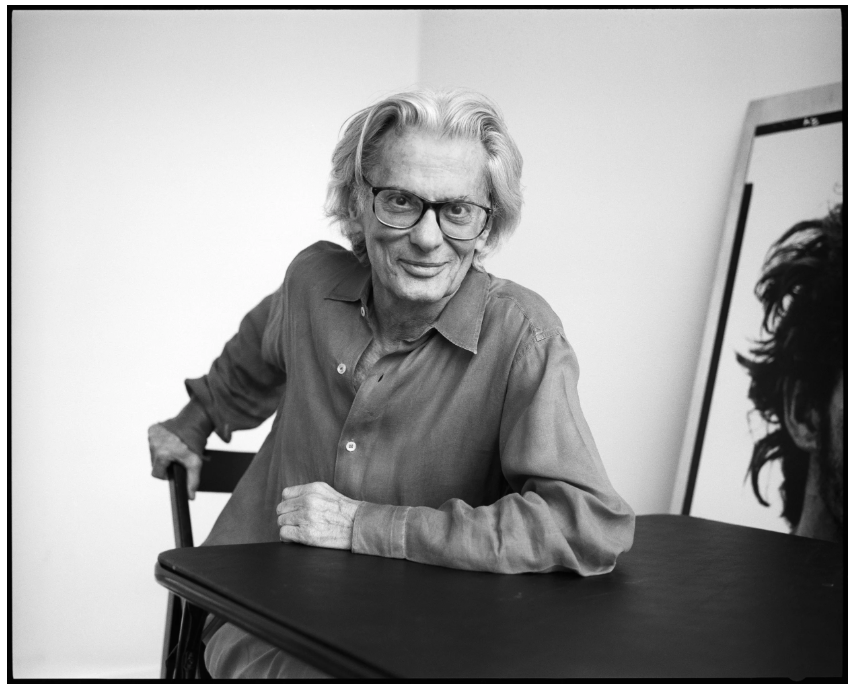
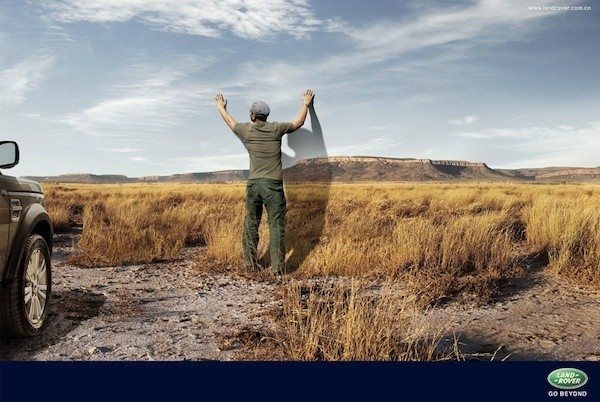 Marketing
Marketing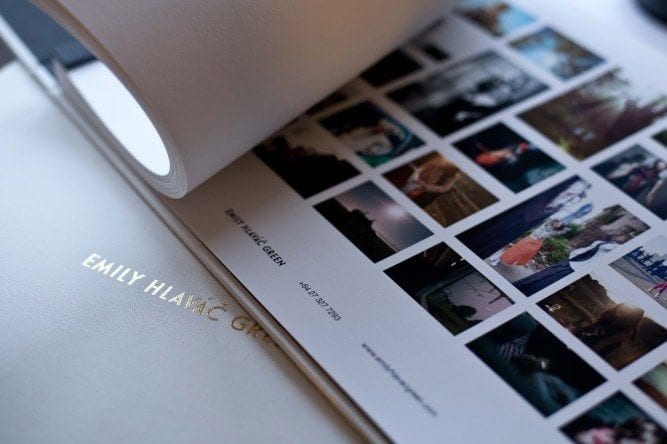 Folios & Editing
Folios & Editing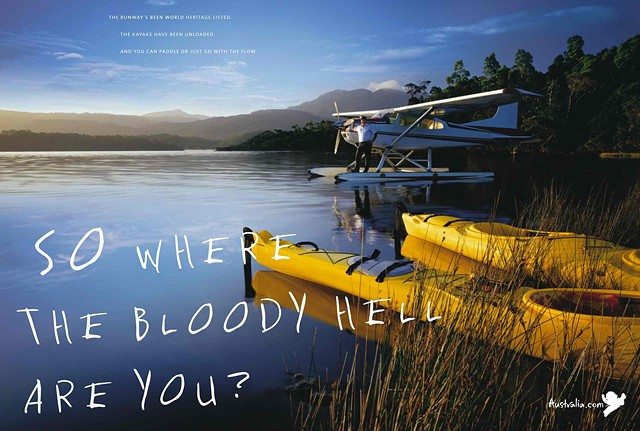 Finding Direction
Finding Direction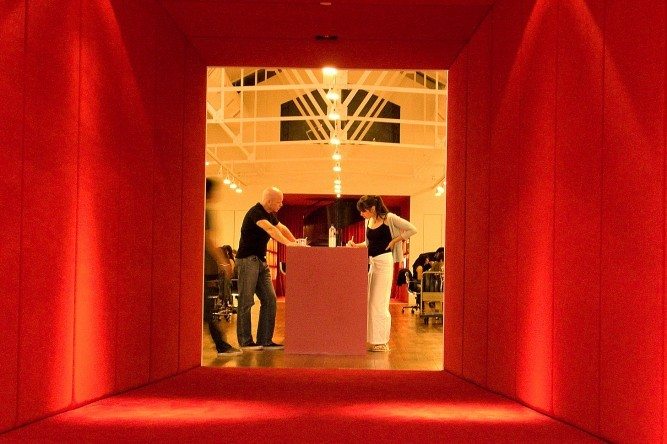 Asia Assignments
Asia Assignments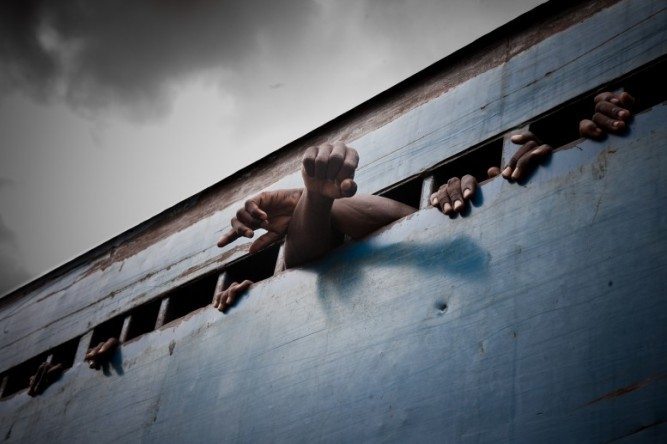 Personal Work
Personal Work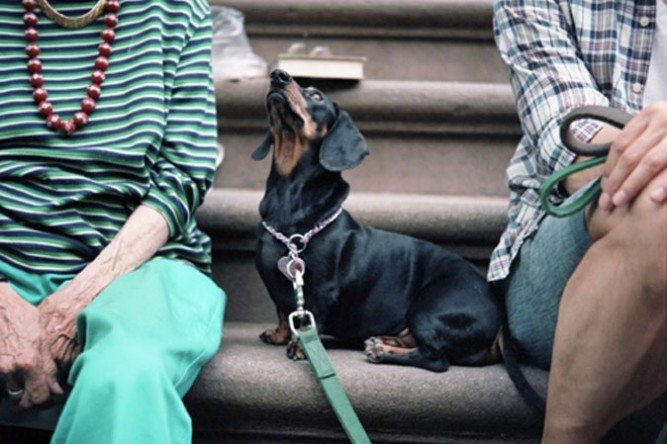 Closing the deal
Closing the deal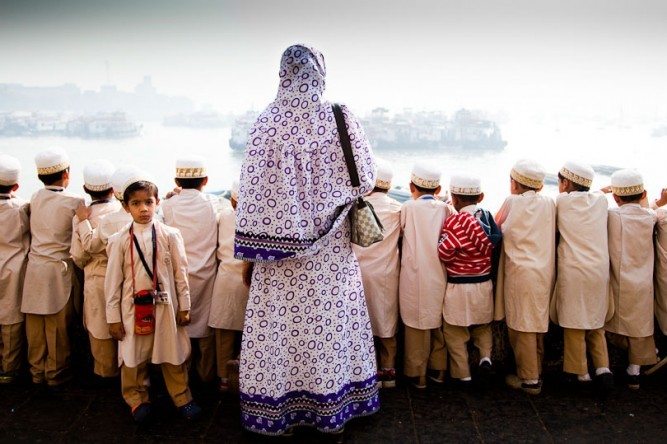 Most Recent
Most Recent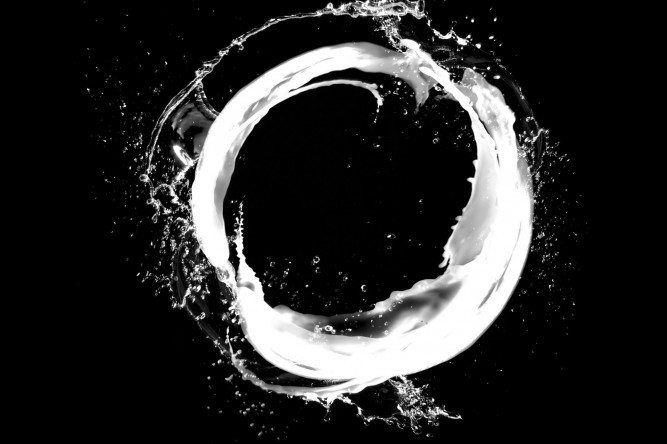 Case studies
Case studies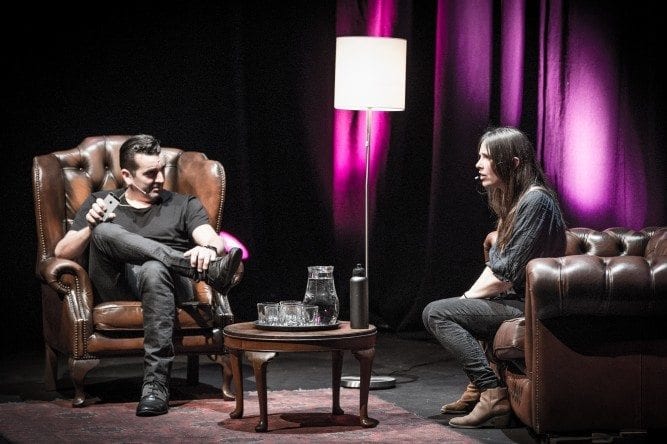 Interviews
Interviews